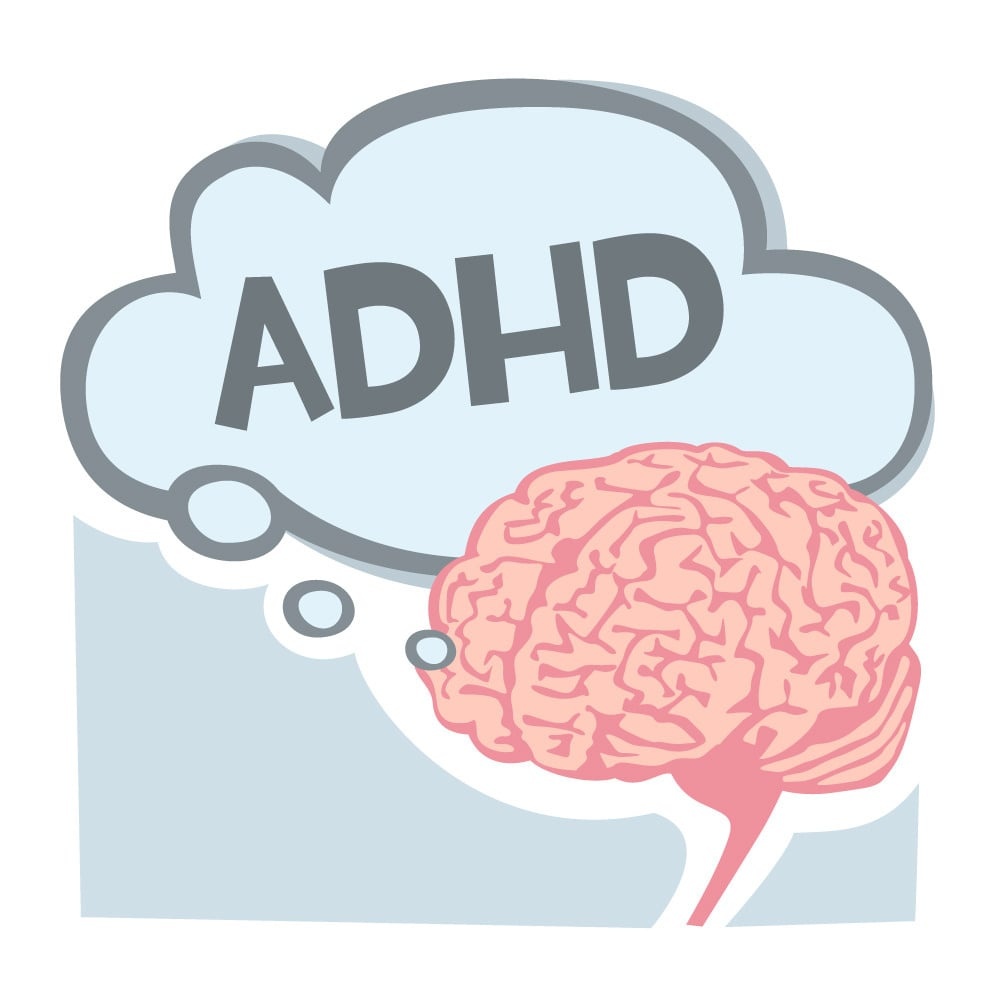Maximum Mental Fuel: The Relationship Between Sleep, Exercise and Optimal Brain Functioning in Children with ADHD
This article explores the profound relationship between adequate sleep, active exercise and improving concentration, mood, executive functions and self-regulation in children with ADHD.
We dive into recent findings highlighting the impact of movement and sleep on the brain of children with ADHD and offer practical tips for integrating these two elements into children's daily lives.
Slaap en Beweging: Voedingsstoffen voor het ADHD-Brein
Een Actieve Geest door Beweging:
Sport en beweging hebben niet alleen een positieve invloed op fysieke gezondheid, maar ook op mentale scherpte. Onderzoek toont aan dat regelmatige beweging niet alleen leidt tot verbeteringen in hart- en spierfuncties, maar ook tot aanzienlijke veranderingen in de hersenen. Deze veranderingen kunnen resulteren in de groei en efficiëntie van hersengebieden die cruciaal zijn voor zelfregulatie en executieve functies, vaak aangetast bij ADHD.
Focus op School:
Beweging als Sleutel tot Succes:
De schoolprestaties van kinderen met ADHD worden vaak belemmerd, maar recente studies onthullen een krachtig hulpmiddel om deze uitdagingen aan te pakken: beweging. Van fitness tot teamsporten, beweging wordt geassocieerd met verbeteringen in werkgeheugen, impulsbeheersing en leerresultaten bij kinderen.
Het integreren van beweging in het leven van een kind met ADHD kan aandacht en executieve functies aanzienlijk ten goede komen.
Practical Tips for More Movement: Igniting the Adventure
Toward a More Active Life:
For families looking to increase children's daily physical activity, there are practical solutions available.
These include biking to school daily, signing up for team sports, and even creating challenging exercise courses at home.
By embracing movement, parents can lay a solid foundation for the development of attention and self-regulation.
Sleep: The Lubricant for a Healthy ADHD Brain
The Crucial Role of Sleep:
Sleep is more than just rest; it is a fundamental factor in the growth and development of a child's brain. During sleep, new connections are forged, memories are reinforced and cells are repaired. In fact, the concept of sleep-dependent learning emphasizes that learning actually occurs during sleep.
Sleep and Symptoms: Connections Discovered: Children with ADHD often experience difficulty retaining learned material and regulating behavior. This may be partly explained by a lack of adequate sleep. Deeper sleep is associated with higher IQs, improved attention and better self-control, all crucial aspects for children with ADHD.
Optimal Sleep Practices for Children with ADHD
The Route to a Restful Night: To improve sleep, it is essential to create a sleep-friendly environment. This includes avoiding screen time before bedtime, establishing a consistent bedtime routine, and using positive rituals such as storytelling or aromatherapy. By following these steps, parents can optimize their children's sleep, supporting their cognitive and emotional well-being.
Conclusion: The Two Pillars for ADHD Success
Sleep and exercise are the essential building blocks for the thriving brains of children with ADHD. By consciously choosing an active lifestyle and ensuring adequate sleep, parents and caregivers can pave the way for improved concentration, emotional control and executive functions.
Rather than medication alone, these natural strategies offer a powerful route to optimal functioning for children with ADHD.



























0 Comments
There are no comments yet, be the first one to comment....